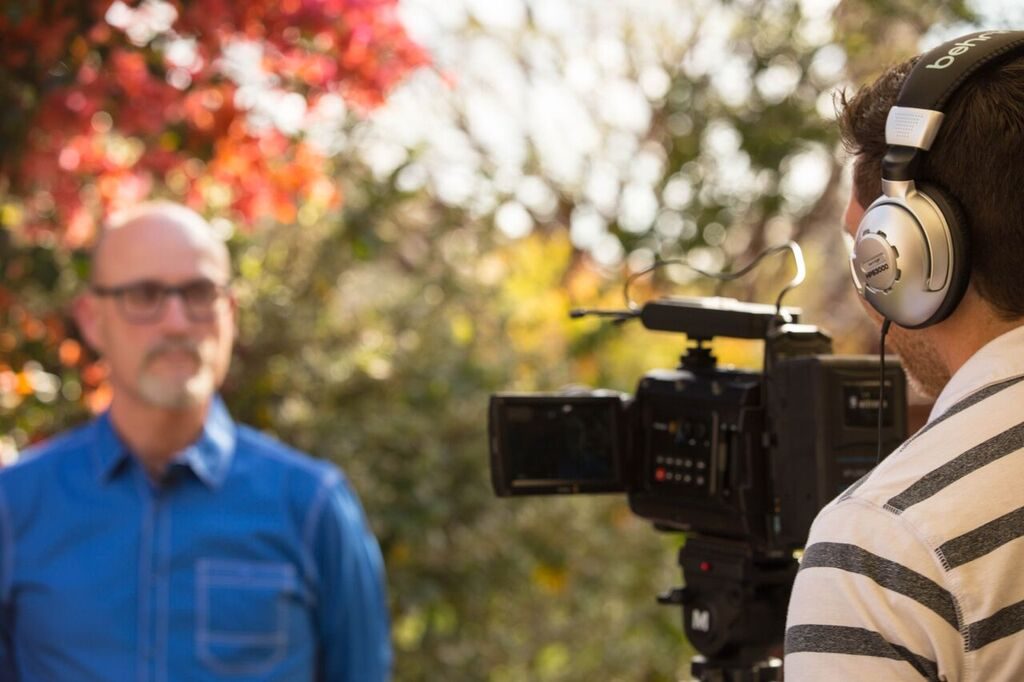I’ve written before about how to define and exercise loyalty in the workplace. A related topic is Trust. There are many definitions and it’s been covered in many great ways, such as Stephen Covey’s, The Speed of Trust, but I want to take a very pragmatic and practical look at what it means.
Mostly, I trust people to be human. At our best, we are likely to make choices that consistently support our interests, the interests of those we care about, and those we feel we owe allegiance. We might be inclined, again at our best, to extend our good will to people we’ve just met, people we’ve never met, and even people we believe we have reason to distrust. At our worst, we make terrible choices that serve nobody.
Here is how I frame trust: Given an option that benefits you but does not benefit (or could hurt) me, what are you likely to decide? If I have a history with a person, I can make an informed assessment of which decision that person is most likely to make. The more certain I am of which decision that person will make, the more I trust them to act that way. My level of trust is based on how well I can predict the decisions they will make; not how likely I think it is that those decision will support my interests. I could have all sorts of reasons to distrust a friendly, well-intentioned person who is erratic in how they make decisions.
Rather than ask, “Do you trust so-and-so?” I would ask, “Based on what you have personally experienced of so-and-so, how certain are you about what they will do, in a given circumstance?” For instance, I might have enough experiences with someone to trust them to give my ideas a fair hearing and to listen to even my silly ideas with respect and dignity. However, I might also trust them to completely screw up my finances if they were to oversee my checking account. Not because they are dishonest, but because they are demonstrably horrible with money. The damage to my life if I give them my banking passwords could be catastrophic, but it has no bearing on the other benefits they add to my life.
For me, it isn’t a matter of how much I trust you; at least not in the classic sense. My bigger concern is how much do I trust my ability to predict your actions when my interests are on the line?
How good are you at trust?

